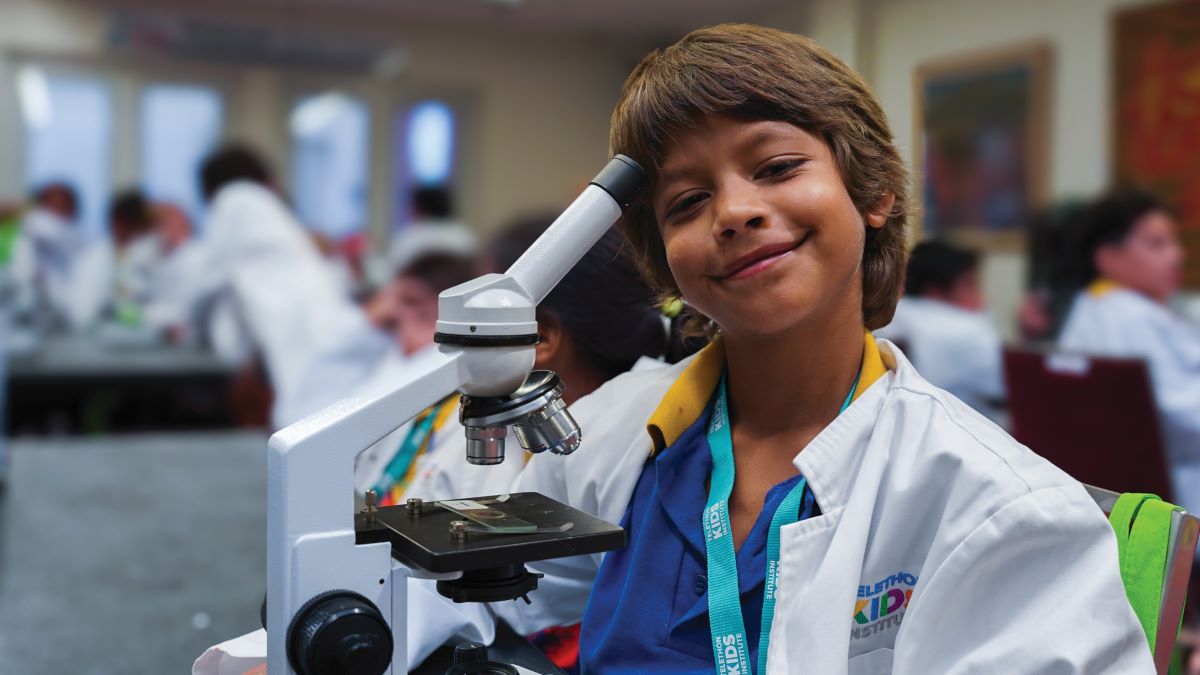Search





Ruby Age 16. Youth advocate, project community member. Research is important, it provides evidence for care and treatment. Without

Maddie Age 20. Trial participant, project community member, volunteer. Without input from the community, we can't see how our research

Scott Dad of two, Riley and Georgia. Project community member. Any contribution I can make through community involvement at the

News & Events
The Kids STEM Festival returns for two days of free family fun in BroomeThe Kids Research Institute Australia will return to the Kimberley in May for the Broome STEM Festival, promising two fun-filled days of hands-on science activities for local families to experience.

News & Events
New study uncovers dual benefit of bone-protecting treatment for childhood leukaemiaA groundbreaking study from cancer researchers at The Kids Research Institute Australia has identified a promising new therapeutic strategy for children battling the most common childhood cancer – B-cell acute lymphoblastic leukaemia.

News & Events
Groundbreaking TB researcher named AAMRI Rising StarDr Kefyalew Alene, who heads the Geospatial and Tuberculosis team at The Kids and is a senior research fellow within the Curtin School of Population Health, has used cutting edge technology to transform the way TB transmission is predicted, understood and managed globally.
